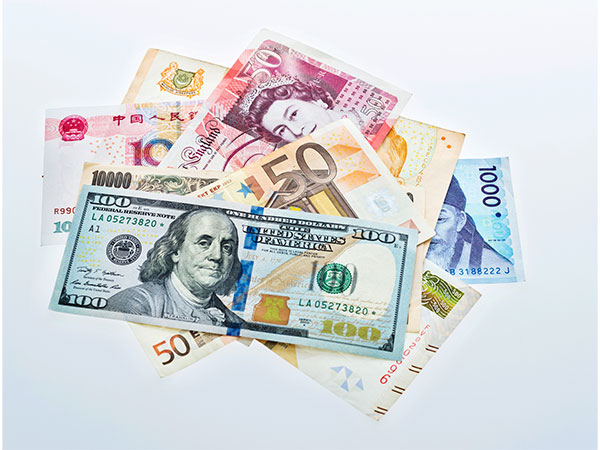India’s foreign exchange reserves saw the highest increase among major reserve-holding countries globally in the financial year 2023-24. The reserves grew by USD 68 billion during this period, thanks to a moderation in the current account deficit and significant capital inflows into the country. The government’s Economic Survey highlighted that the buffer of foreign exchange reserves plays a crucial role in insulating domestic economic activity from global shocks. These reserves act as a cushion and provide liquidity, ensuring that India can meet its external obligations.
As of June 21, 2024, India’s foreign exchange reserves stood at USD 653.7 billion, enough to cover over 10 months of imports projected for 2024-25 and more than 98 percent of the total external debt outstanding as of March 2024. These reserves have reached new all-time highs at various points, showcasing the country’s strong position in terms of foreign currency holdings. Foreign exchange reserves, held usually in reserve currencies like the US Dollar, Euro, Japanese Yen, and Pound Sterling, are assets managed by a country’s central bank or monetary authority.
The Economic Survey for the year 2023-24 was tabled in Parliament by Union Finance Minister Nirmala Sitharaman. This document, prepared by the Economic Division of the Department of Economic Affairs under the supervision of the chief economic adviser, provides insights into the economy’s state and various indicators for the year gone by, as well as an outlook for the current year. Sitharaman is scheduled to present the Union Budget for 2024-25 in Parliament the next day, marking her seventh budget speech. This surpasses the record set by former Prime Minister Morarji Desai, who presented six budgets during his tenure as finance minister.
India’s foreign exchange reserves play a critical role in maintaining the country’s financial stability and solvency. With reserves enough to cover a substantial period of imports and a significant portion of external debt, India is well-positioned to weather external economic shocks. Capital inflows and a moderation in the current account deficit have contributed to the increase in reserves, reflecting the confidence of foreign investors in the Indian economy. The government’s proactive management of the reserves is vital in safeguarding the country’s economic interests and ensuring financial security.
The constant rise in India’s foreign exchange reserves signals the country’s economic strength and stability on the global stage. By consistently reaching new highs, India demonstrates its ability to manage its foreign currency holdings effectively and utilize them to support economic growth and development. The government’s emphasis on building up reserves as a cushion against external vulnerabilities is crucial in maintaining a resilient economy and ensuring financial sustainability in the long run. As India continues to navigate through global economic challenges, its robust foreign exchange reserves will remain a key asset in safeguarding its economic interests.











